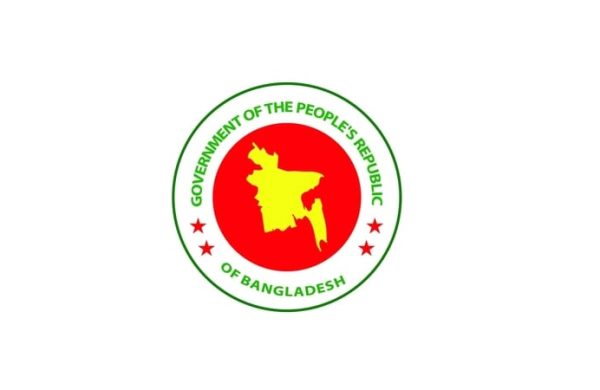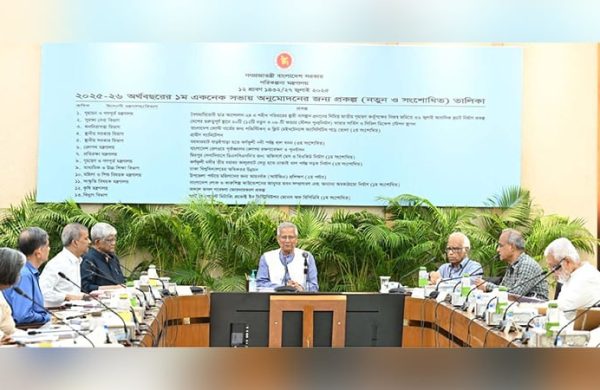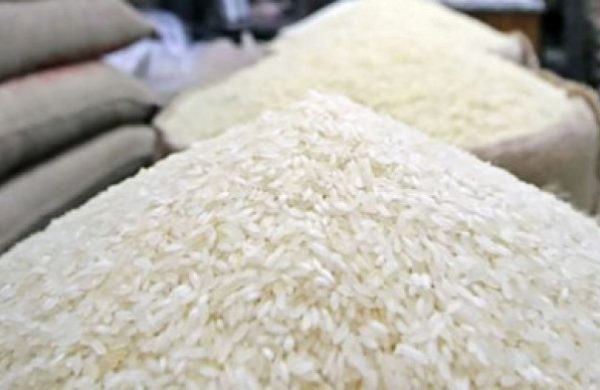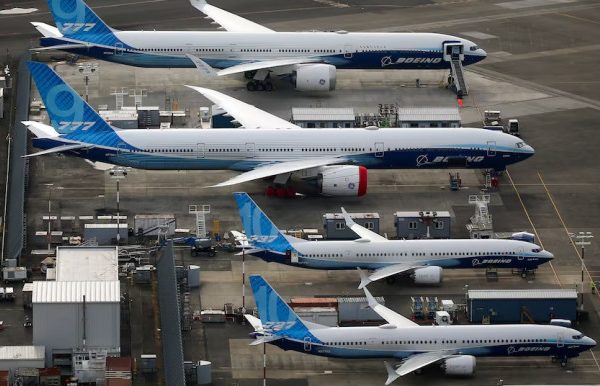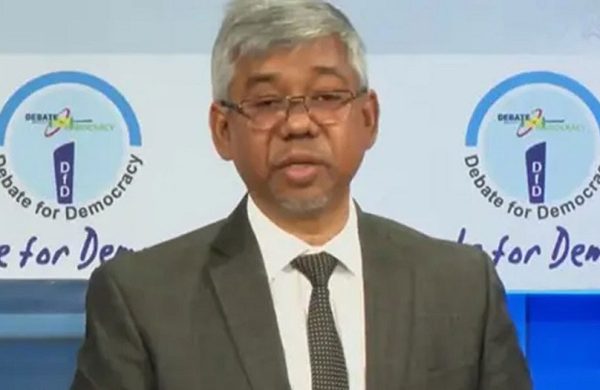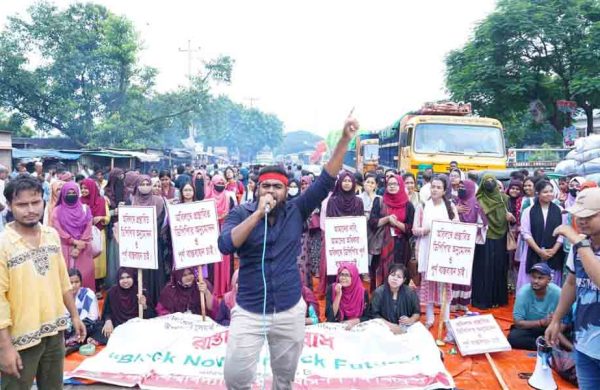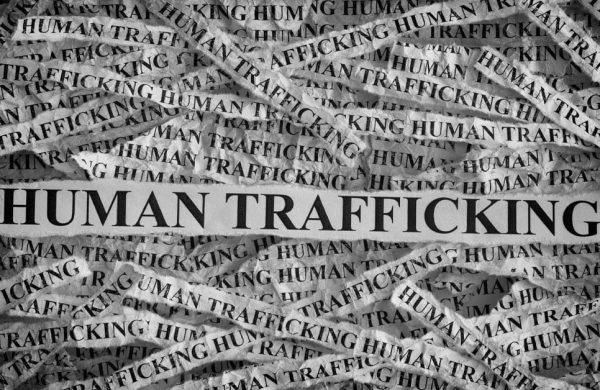Industrial imports, credit shrink on persistent dollar crisis
- Update Time : Sunday, July 27, 2025

Staff Correspondent:
Three years after Bangladesh Bank imposed import restrictions to address a US dollar crisis, many of those measures remain in place – complicating trade and stalling industrial growth, despite some stabilisation in foreign currency reserves.
Banks remain cautious about opening letters of credit (LCs), forcing importers to navigate complex procedures and multiple layers of approval. At the same time, additional duties imposed by the National Board of Revenue (NBR) continue to burden businesses.
According to Bangladesh Bank data, capital machinery imports stood at over US$6.46 billion in FY 2021-22. However, the dollar shortage triggered a sharp and sustained decline and the figure dwindled to $1.98 billion at the end of FY 2024-25.
Business leaders have voiced their concerns about the country’s deteriorating business environment.
Shams Mahmud, president of the Bangladesh Thai Chamber of Commerce and Industry, warned of stalled industrial investment. “Until liquidity is restored, new industrial investments will remain stalled. Banks are prioritising treasury bonds over private sector lending, leaving entrepreneurs starved of capital.”
Mohammad Hatem, president of the Bangladesh Knitwear Manufacturers and Exporters Association, flagged deeper structural problems. “We face a fuel crisis, restricted bank financing, and limited policy support. The central bank’s current approach is suffocating industrial growth.”
PRIVATE SECTOR CREDIT GROWTH SLUMPS TO 22-YEAR LOW
In FY 2022-23, LC openings for capital machinery plummeted by 55.09%, while settlements dropped 29.47%. The decline continued in FY 2023-24, with openings and settlements down by 23.86% and 10.97%, respectively. Most recently, in FY 2024-25 (ending June), LC openings dropped another 25.41%, and settlements fell by 25.42%.
The prolonged slump in capital machinery imports has coincided with a sharp decline in private sector credit growth. It fell to just 6.40% during June 2025, the lowest since at least 2003.
The drop reflects a combination of high interest rates, weakened business confidence amid political uncertainty following the ousting of Awami League government in August 2024, and a persistent liquidity crunch in the banking sector.
Dr Mustafa K Mujeri, executive director of the Institute for Inclusive Finance and Development, said, “Rising lawlessness, politically motivated lawsuits, and attacks on businesses are not only harming the economy but also fuelling social unrest. Without bold corrective measures, Bangladesh could plunge into a deeper crisis.”
Rizwan Rahman, former president of the Dhaka Chamber of Commerce and Industry, cited law and order concerns. “No investor will risk capital amid insecurity. The government must urgently restore safety and trust in institutions.”
In July 2024, credit growth stood at 10.13%, but fell to 9.86% in August and continued sliding, reaching 6.82% by February 2025.
IMPORT RESTRICTIONS REMAIN DESPITE REFORMS
In response to the 2022 dollar crisis, Bangladesh Bank imposed steep measures, including 100% cash margins, higher tariffs, and a suspension of bank loans for imports.
Though reforms introduced after August 2024, including a market-based exchange rate, have helped ease the dollar crunch and boost reserves, many restrictions remain.
Central bank officials confirmed that a 100% cash margin is still required for a wide range of goods, including motor vehicles, electronics, luxury items, and even ready-made garments. Bank financing for these items remains suspended.
Former chairman of Association of Bankers, Bangladesh (ABB) Syed Mahbubur Rahman welcomed the shift to a market-based rate but urged full liberalisation.
“The dollar crisis has eased temporarily. Removing all remaining import restrictions would reinvigorate economic activity and reveal the real market value of the dollar.”


